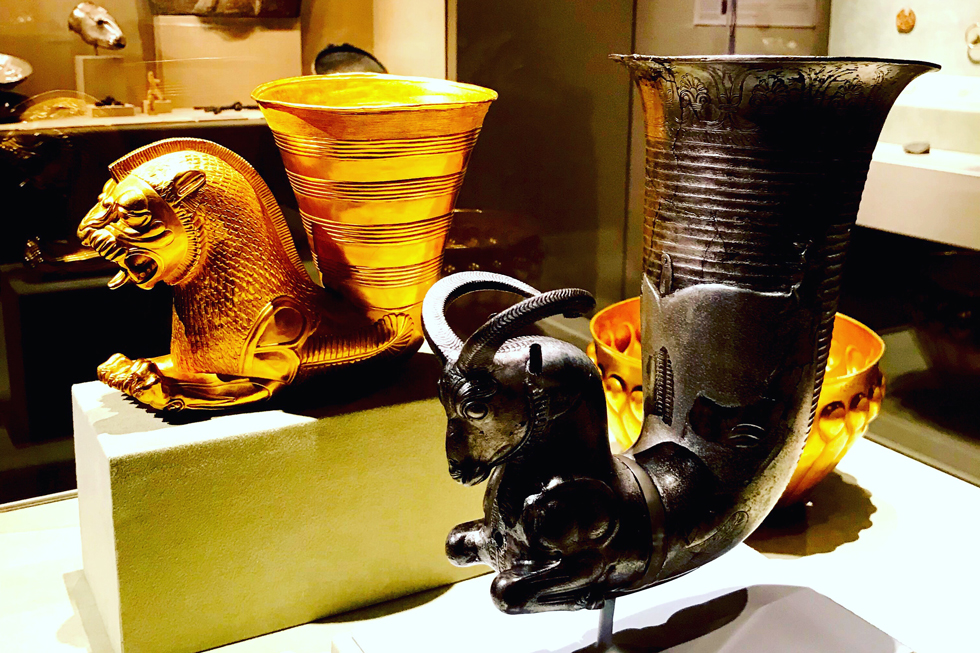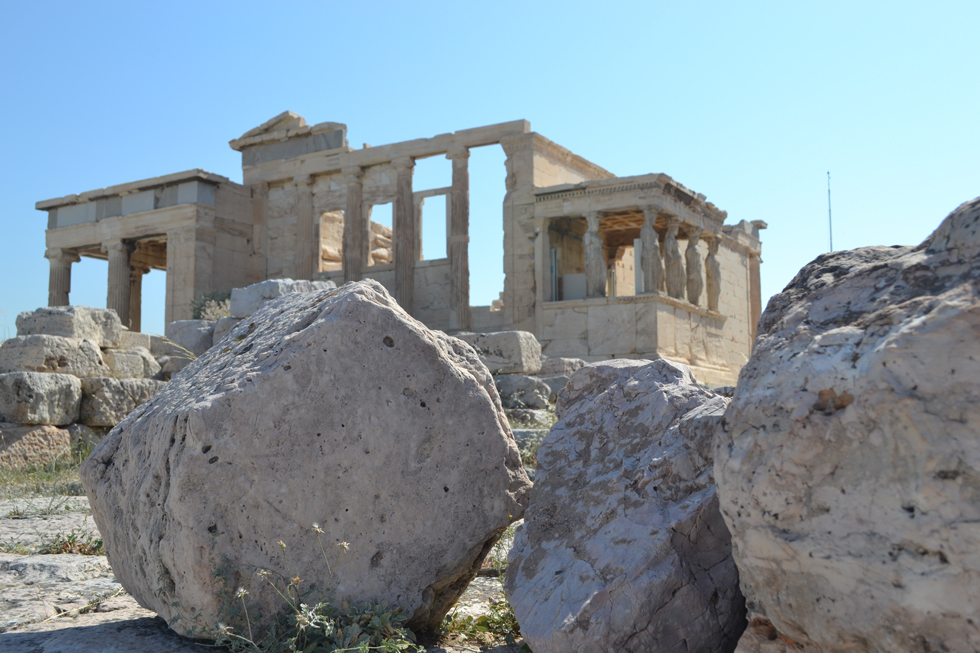Ancient Mediterranean Studies

Learn more about the course requirements for an undergraduate minor in Ancient Mediterranean Studies.

Graduate students can also earn a minor in Ancient Mediterranean Studies. Learn more about the requirements.
"...man is a bundle of relations, a knot of roots, whose flower and fruitage is the world..." - Ralph Waldo Emmerson
We walk into the future out of the past.
The Henry Doorly Zoo. Lauritzen Gardens. The Library of Congress. The American Constitution. The Pony Express. Physics. Geometry. Astronomy. Algebra. The Hippocratic Oath. Ethics. Speech-writing. Politics. Equine dressage. Map-making. The Olympics. Anatomically correct sculpture. Mosaics. The architectural dome. Concrete. The fact we live in a state (named Nebraska). Critical thinking itself.
What do all these varied things have in common?
They were invented in either the ancient Mediterranean or Ancient Near East.
Some not-so-nice things originated there, too: torture and mass deportation of populations, the roots of scientific racism, rampant misogyny, and gladiatorial blood sports…. We have to talk about those legacies, as well.
Our minor in Ancient Mediterranean Studies brings students from various disciplines face-to-face with the historic roots of our modern world, from politics to medicine, art to astronomy, botany to engineering, and literature to library science.
We can’t understand where we’re going if we don’t know where we’ve been.
Let us take you on that ride.